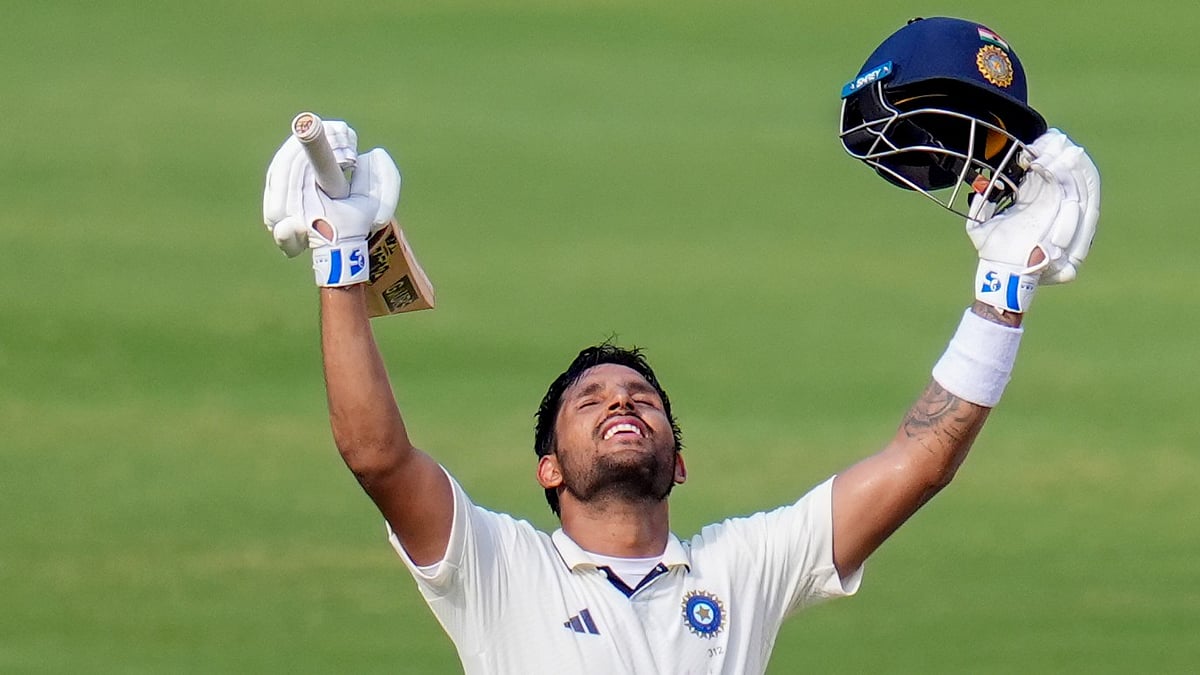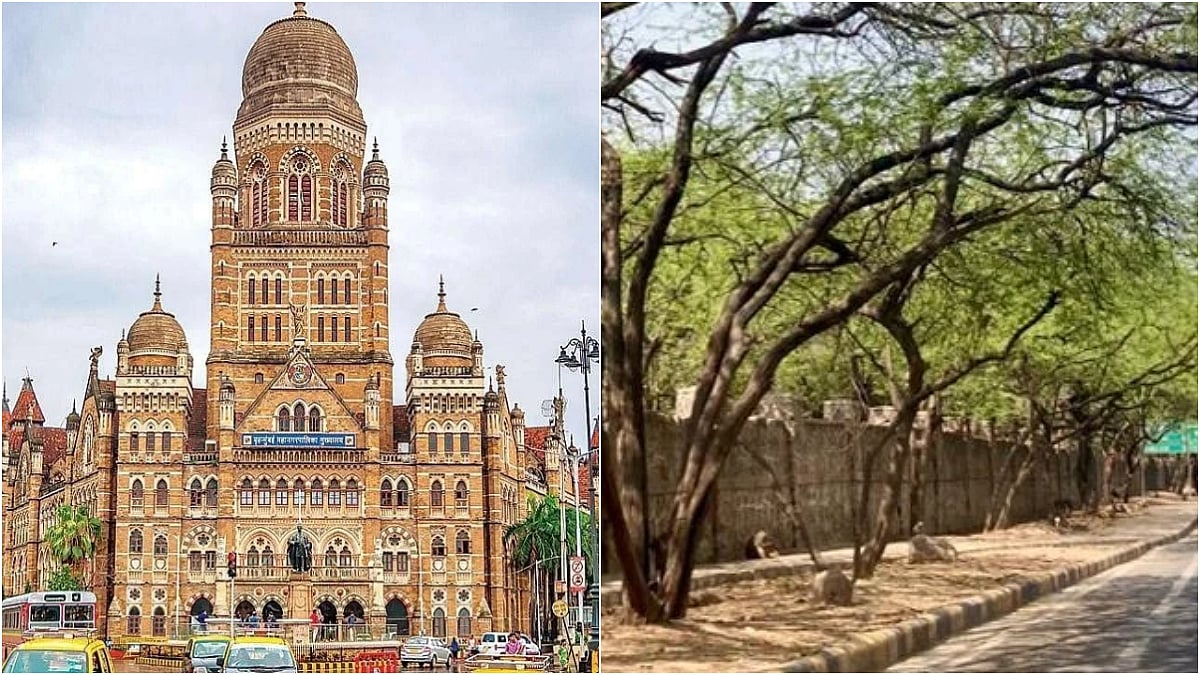Parents' continued fascination with English-medium schools, according to NCERT Director D P Saklani, is "no less than suicide."
The National Council for Educational Research and Training (NCERT) chief said in an interview with PTI that the practice of forcing children to learn only in English has caused them to lose knowledge of their heritage and culture.
"Parents are obsessed with English-medium schools, they prefer to send their children to such schools even if there are no teachers or they are not trained enough. This is not less than suicide and this why the new (national) education policy has stressed upon teaching in mother tongue," he told PTI.
"Why should teaching be matrabhasha adharit (based on mother tongue)? Because till then we will not understand our own mother, our roots, how will we understand anything? And multilingual approach is not like teaching in any language is being ended, the push is to learn multiple languages," Saklani added, as quoted by PTI.
Last year, Prime Minister Narendra Modi declared that teaching students in their mother tongues has started a "new form of justice" for them and called it a "very significant step" towards social justice.
The new National Curriculum Framework (NCF), which was announced last year, mandates that students in classes 9 and 10 study three languages, two of which must be native to India, while students in classes 11 and 12 must study one language that is Indian and one other.
The 2020 National Education Policy (NEP) suggested that home language, mother tongue, local language, or region language should be used as the medium of instruction until at least Grade 5.
The NCERT chief mentioned a Union education minister's initiative to write primers (books) in two tribal languages of Odisha in order to improve students' speaking skills, learning outcomes, and cognitive development. Based on the students' home environments and cultures, the books would include tales, songs, and illustrations. This year will see the release of 121 language primers that will assist in reuniting school-age children with their heritage. He emphasised that language should not be a barrier to learning, but rather a means of empowerment. They are attempting to enable ourselves through multilingual education, according to PTI.












